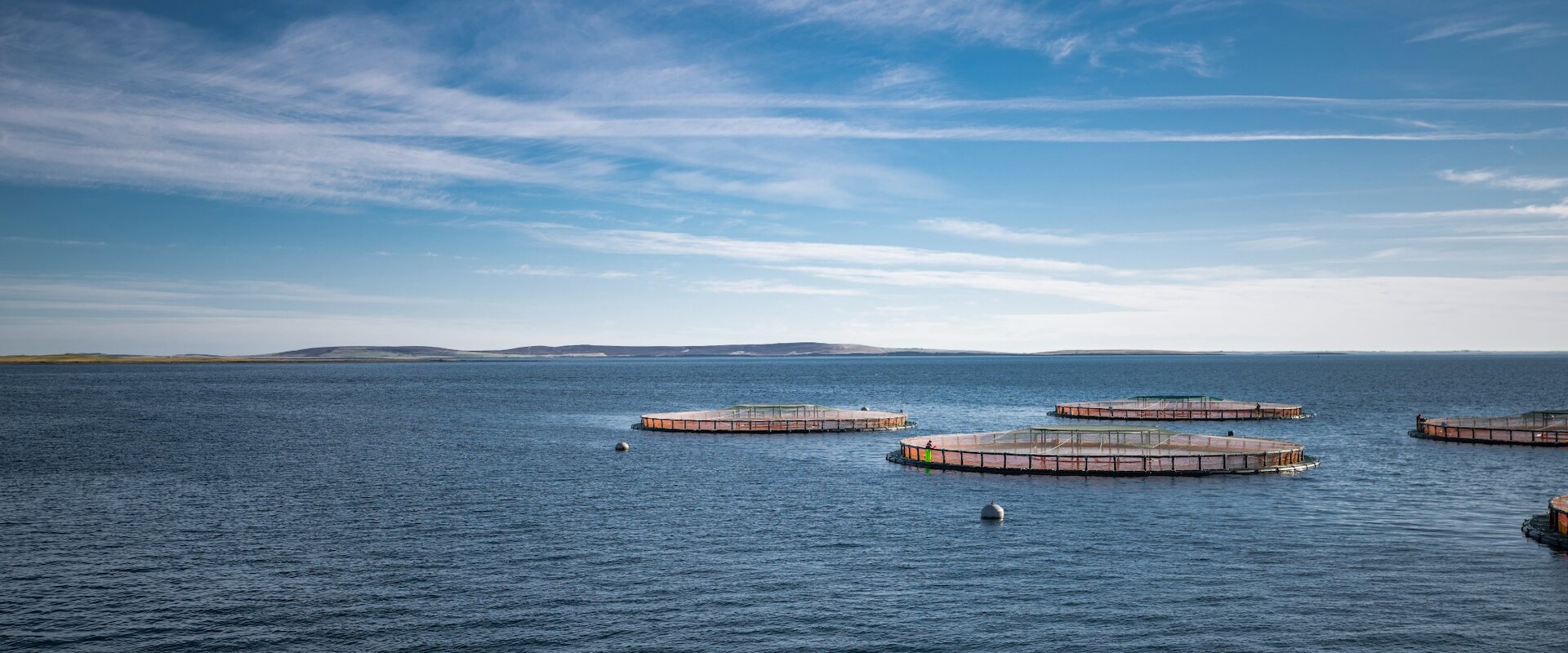Businesses lobby governments. So do trade unions, campaigners, environmentalists, and charities.
Lobbying is part of a functioning democracy, ensuring that ministers and decision-makers listen to a range of voices and opinions.
When the Scottish Parliament was reopened in 1999, which I had the privilege of being a member of, the argument was made that it would counter a ‘democratic deficit’.
A lack of accountability was the reality pre-1999, when Scottish Office ministers – whether Conservative or Labour – had far-reaching powers over many aspects of daily life.
Ministers only answered questions in the House of Commons once a month. That meant that eons could pass before an issue of importance in Scotland got an airing.
Today, Holyrood ministers answer questions on a weekly basis, and the Scottish Parliament can – in theory at least – jump all over a major or minor issue in days. Accountability has immeasurably improved (although whether the decisions made are better or not is a debatable point) and access to politicians has similarly increased.
Edinburgh is a long way from Ullapool, Stornoway or Unst, but most Scots are only an hour away from Holyrood.
Physical distance has further been eradicated by the quantum change in communication. MSPs, just like MPs, are no longer bombarded with letters written in green ink delivered by a postie, but by instantaneous barrages of emails or social media messages on the issue of the day.
So, quite rightly, all kinds of organisations seek to influence and lobby ministers. Any policy or a pending decision is fair game – and why not? Is that not the point of democracy?
Yet an inordinate amount of civil service time is taken up by some organisations which appear unwilling to accept this important principle, and want to silence those they disagree with.
On behalf of 12,500 people directly and indirectly employed across Scotland, I lobby governments on behalf of the Scottish salmon sector.
That’s why trade bodies exist – to make the case for those we represent to those in charge, provide facts from the exports on the ground (or at sea), and appeal to ministers to support our members as they seek economic growth.
Some arguments are successful and other suggestions are dismissed. That is as it should be.
Yet a minority of campaigners who want to shut down salmon farming oppose my right to even make the case.
They cry foul and run to supportive journalists if a minister receives a letter they disagree with, or if a politician holds a meeting with a representative from the UK’s biggest food export industry.
These eco-warriors may disagree with me – that’s fine – but their anti-democratic behaviour must also be called out.
The best politicians will always accept and relish the difference of opinion; it helps them make difficult calls.
However, I worry there is a risk that unelected quangos and senior civil servants can be influenced by the relentless pressure they are put under by fringe campaign groups with bags of cash.
The island and Highland farmers I fight for, who go out to care for their fish every day of the year – often in atrocious Scottish weather – deserve to be heard, despite what urban-based multi-millionaire campaigners might think.
And, unfortunately for them, I will not stop standing up for Scotland’s rural communities and our world-renowned salmon sector.
Tavish Scott is chief executive of Salmon Scotland.

